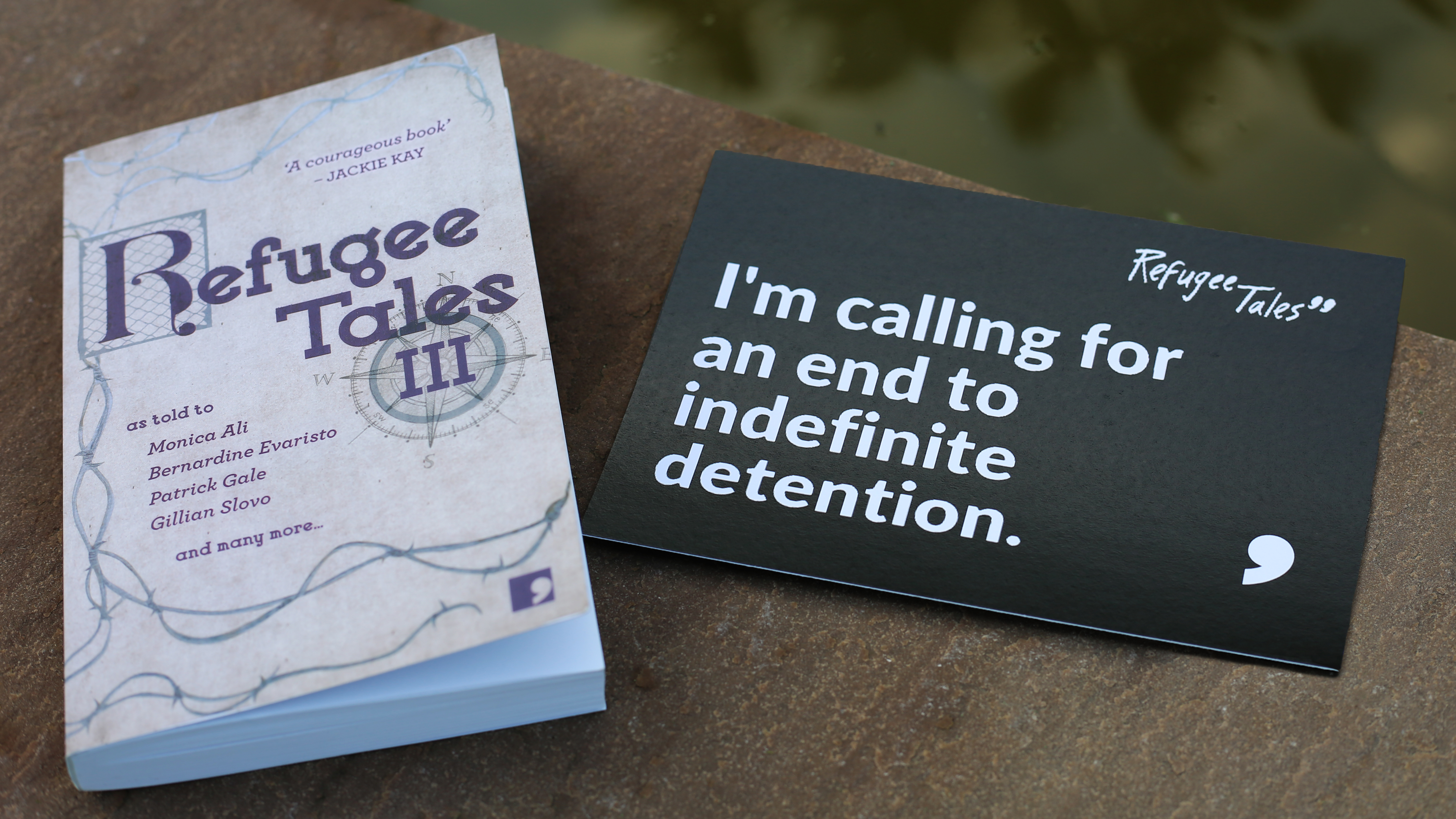Potentially, at least, the author is a time traveller, and the novel their time machine, one which – Tardis-like – contains the whole of their fixed point in history while being simultaneously their means of stepping outside of it and into the future.
Yuri Felsen’s Deceit has made a more treacherous journey than most. That it has survived its trip is in itself remarkable. Felsen’s was one of the millions of lives cruelly snuffed out in the Holocaust’s industrialised barbarity. For many years it was believed that his words had been extinguished by the Nazis with the fervour of those whose pyres burned more than books.
Rediscovered only recently when it was published in Russia, Bryan Karetnyk’s translation marks the novel’s first appearance in English. In it, he captures the cadence common to other European literary fiction from the early part of the last century, an almost legalistic precision reminiscent of Stefan Zweig’s similarly unsparing Beware Of Pity. So clearly does this mark out the novel’s temporal territory, in fact, that the incursion of technology as little advanced as the telephone seems almost jarring within its more typical milieu of pen and paper.
A Russian emigré in Paris at the time he wrote Deceit, Felsen found himself caught between the Bolshevism he had out-run and, all too soon, the encroachment of a Fascism that was in turn to over-run his adopted home. Still, in those years of reprieve, his standing among his peers was considerable, Felsen having won himself the reputation of a ‘Russian Proust’. Indeed, Deceit, along with two further novels (Happiness and Letters About Lermontov) and a number of shorter stories, was intended as part of an ambitious larger literary work with the distinctly Proustian over-arching title, The Recurrence Of Things Past.
First published in 1930, the novel takes place against the background of the uneasy peace between the wars, set in a Europe still feeling the aftershocks of revolution in the east and a generation’s slaughter in the west. This, perhaps, accounts for the febrile anxiety that afflicts its unnamed narrator, a fever which he pours into a series of diary entries that obsessively dissect each gradation of his waxing and waning feelings for Lyolya Heard, the apparently capricious object of his would-be love.
 Of course, caution is always necessary when attempting to draw parallels between writer and protagonist, all the more so once almost a century has passed. It’s difficult, nonetheless, to entirely avoid the invitation seemingly offered by the title Felsen suggested as an alternative to The Recurrence Of Things Past, that being Romance With An Author. Certainly, the narrator’s journal reads at times like the exacting auto-vivisection of the early lyrics of pop’s most literary contrarian, Momus, or, shorn of the messaging apps that feed anxiety’s voracious hunger, the fictional lives contrived by Emma Jane Unsworth that seem to run in parallel with her own.
Of course, caution is always necessary when attempting to draw parallels between writer and protagonist, all the more so once almost a century has passed. It’s difficult, nonetheless, to entirely avoid the invitation seemingly offered by the title Felsen suggested as an alternative to The Recurrence Of Things Past, that being Romance With An Author. Certainly, the narrator’s journal reads at times like the exacting auto-vivisection of the early lyrics of pop’s most literary contrarian, Momus, or, shorn of the messaging apps that feed anxiety’s voracious hunger, the fictional lives contrived by Emma Jane Unsworth that seem to run in parallel with her own.
In less skilled hands such self-absorption could be alienating, but Felsen, while allowing the reader to see it clearly for what it is, renders it as compellingly as if it was their own internal monologue. At the last, however, the novel suggests the fatal fault in such rigorous self-examination, that – in seeking to see oneself clearly – one can become blinded to the truth of others. Perhaps the deceit of its title is less Lyolya’s purported inconstancy to a narrator not above his own affairs, but the self-deception by which he fails to allow her an agency of her own, and an inner life as rich as his.
Almost 100 years after Felsen’s words began their journey, they continue to chime with the times. They deserve their rediscovery.











